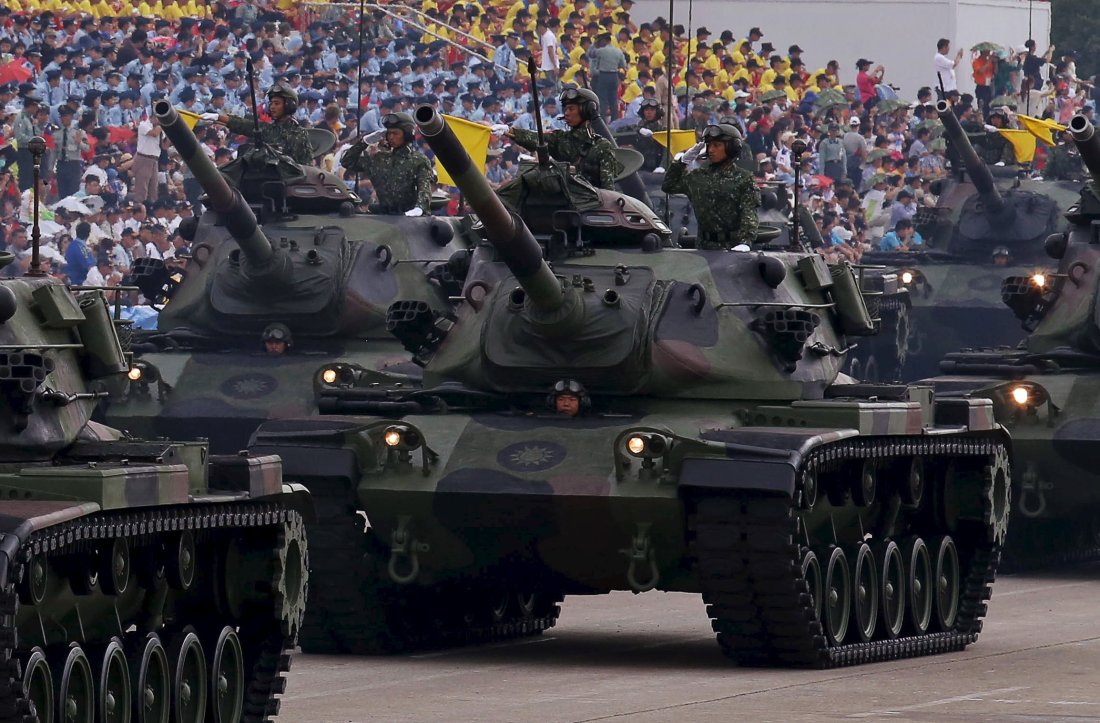Dr. S.Chandrasekharan
Daily Pakistan of July 29, 2018 carried a very detailed article on the water crisis in Pakistan and it said that the challenges faced by Pakistan in the shape of water scarcity and absence of clean water pose a threat to the very survival of the country and its people. It also said that rapid growth in population, extensive urbanization, traditional agricultural practices and industrialization all have put Pakistan on the path of drought, hunger and instability. Water storage has been reduced drastically to 30 days from the minimum of 120 days required for any country. This shortage of water has earned Pakistan, a name in the list of 15 most water scarce countries. The per capita availability of water is said to be 908 cubic meters now from 5200 cubic metres it had seven decades ago!















